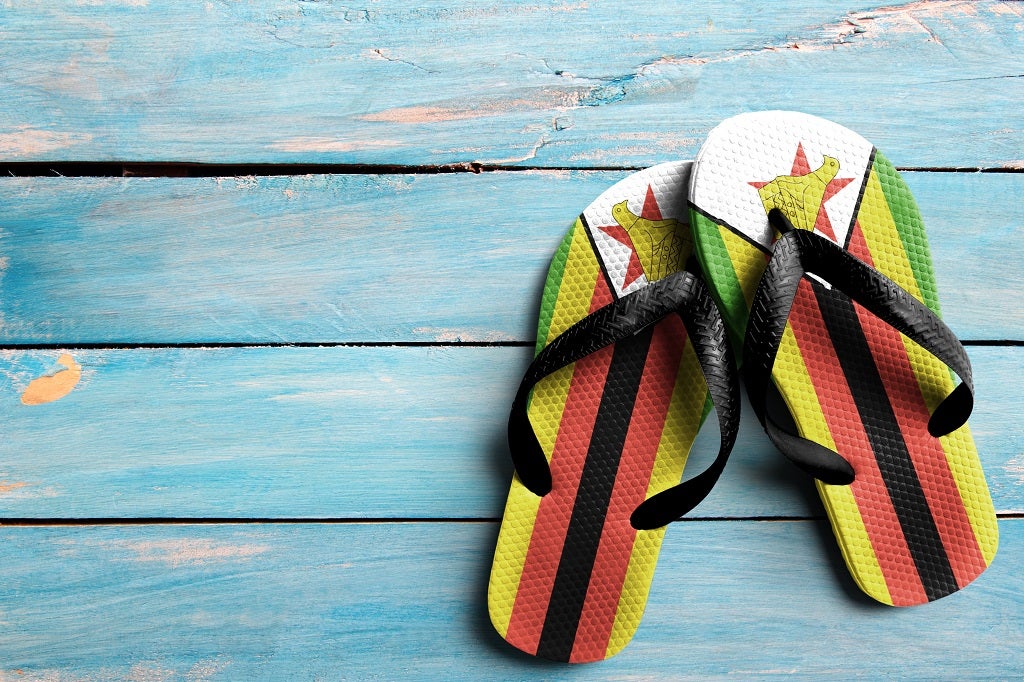Moving to Harare
Harare
-
Affordability 5 out of 5
-
Safety 4 out of 5
-
Healthcare 1 out of 5
-
Traffic Flow 1 out of 5
-
Property affordability 2 out of 5
-
Climate 5 out of 5
-
Environment quality 3 out of 5
Nestled among hills and mountains on the Highveld plateau, enjoying a warm, temperate climate and inhabited by a friendly, multicultural population of close to two million people it’s hard to see why Harare has such a bad reputation.
Harare, known as Salisbury until shortly after Zimbabwean independence in 1980, is regularly ranked as one of the worst cities in the world by global livability polls and surveys. But are these rankings fair? Here are some facts which run contrary:
Zimbabwe has a higher life expectancy than South Africa, a 92% literacy rate – the highest among African nations – numerous green spaces and public parks, a fully functioning health system, more than 150 schools including Harare International School and several private schools, golf courses, shopping malls, bars and cafes.

Of course there are problems: Robert Mugabe’s ZANU-PF government has seen hyperinflation caused by tough economic sanctions and continuous drought, leading to severe fuel and goods shortages in the 2000s. The city has many living in slums (but nowhere near as many as, say, Nairobi), there are frequent power outages and the water supply is less than ideal.
But worst city in the world? Far from it. Those ignoring the horror stories and moving to Harare will find a clean, beautiful city with relatively low crime rates and an incredibly welcoming populace.
Moving to Harare from the UK
The Zimbabwean government forcibly redistributed land in the late 90s in order to redress the balance between white Zimbabweans, who owned more than 70% of the country’s farmland, and the majority black population.
Harare today still sees much segregation with whites tending to live in wealthier suburbs with golf courses, sports clubs, shopping malls, supermarkets, cafes and designer boutiques. Their homes are generally within secure compounds as in the major South African cities.
The problems with the Zimbabwean currency have not been resolved so you’ll find that US dollars are the de-facto currency. Prices for most goods and health insurance are high and obtaining cash from a cash machine can be a touch-and-go affair.
Deciding where to live is a question that will largely be decided by access to a consistent electricity supply and a borehole (for water when the public supply is out).
You can buy a 4 bedroom house with garden, borehole and double garage for around US$200,000 (£142,000). Property transfer fees amount to about 7% of the purchase price and sellers must pay capital gains tax of 5% (unless they are over 55 and selling their main home).
Comparing Harare vs London
Harare’s climate is much warmer than that of London but, for an African city, it’s also fairly cool due to high altitude and the prevailing south-easterly winds. Average temperatures are in the high twenties in the summer, dropping to the low teens only in the winter months of June and July. There is actually more rainfall than in London but it almost all falls between November and March. With 3,000+ average annual sunshine hours you’ll see more than twice the sun you would in the UK capital.
Prices for everything from consumer goods to utilities are lower in Harare than in London but, taking into account the very low average salary, on the whole it’s probably less affordable. Skilled foreign workers tend to see higher wages though so a personal calculation is necessary for an accurate comparison.
Harare residents report themselves as feeling only slightly less safe than Londoners, experiencing only slightly lower standards in healthcare and living with much more pollution.
The National Art Gallery is the cultural pinnacle of Harare. It puts on many impressive exhibitions and has a huge sculpture park favoured by strolling couples and lunching workers. It’s one of many public spaces which puts Harare well ahead of London for greenery.
Proximity to Lake Chivero Recreational Park, Rhodes Inyanga National Park and the mountains provide plenty of opportunities for escaping to Zimbabwe’s spectacular countryside.







